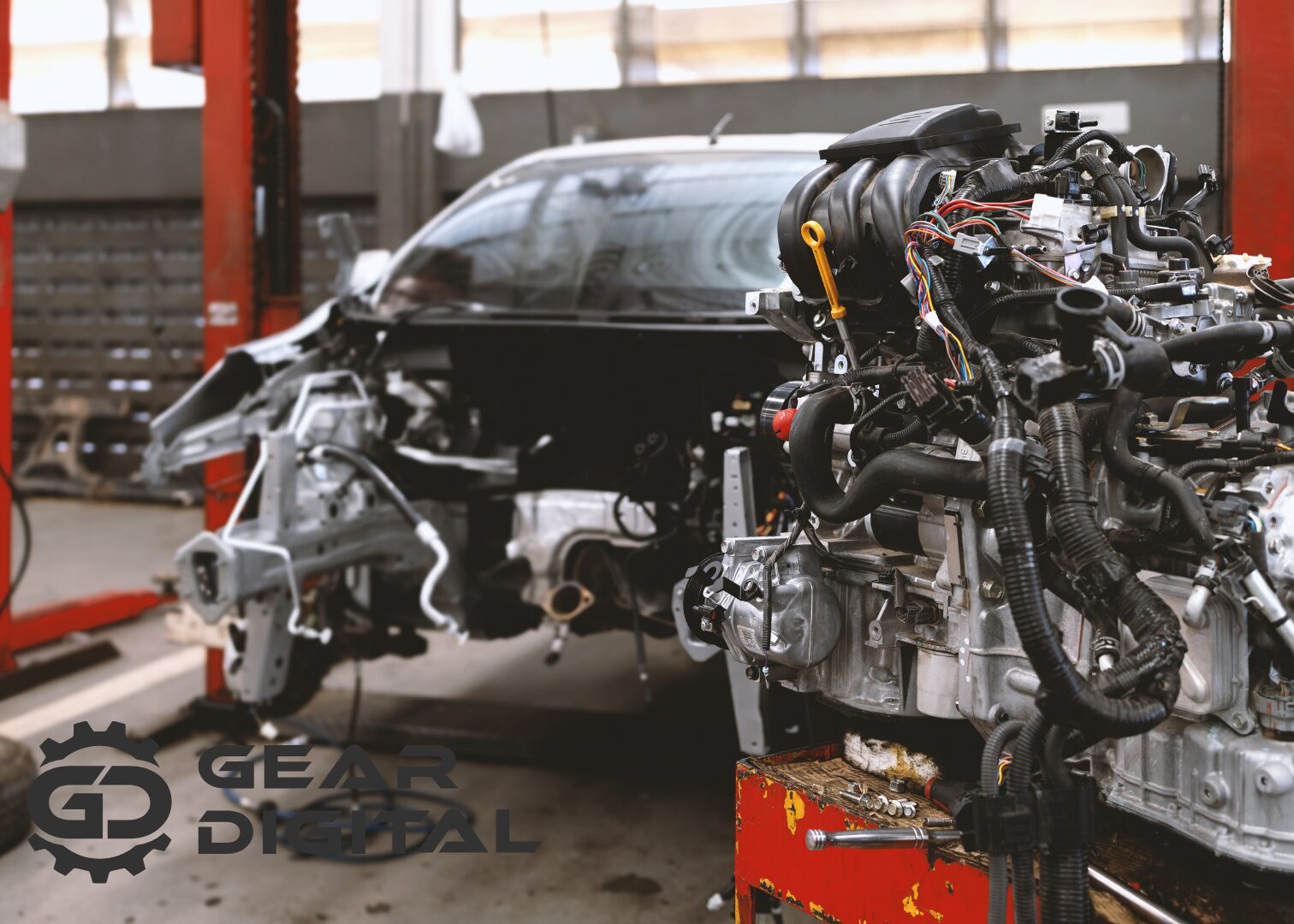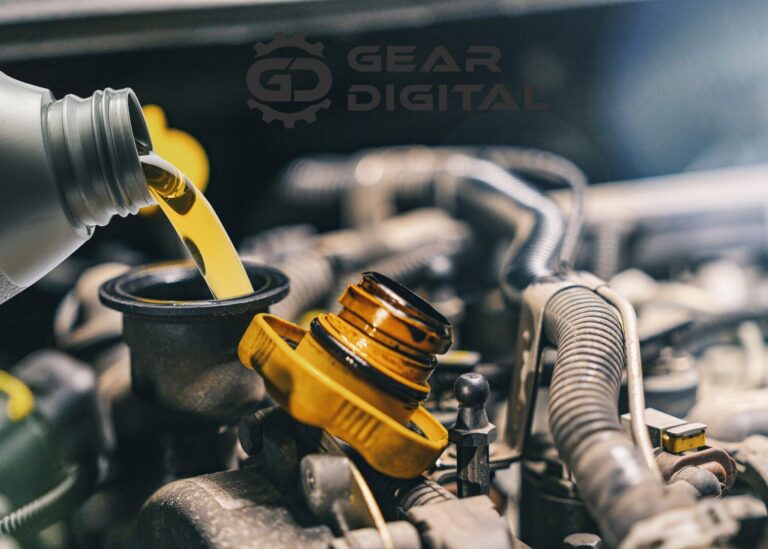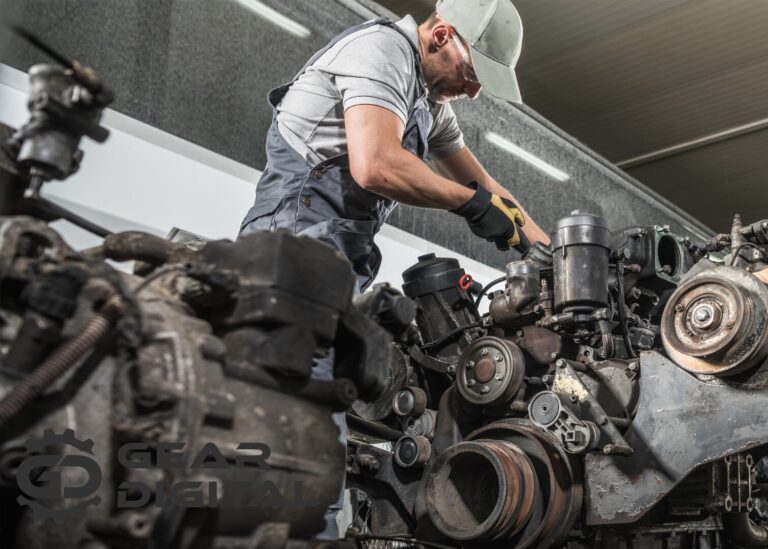Repair or Replace? A Practical Guide to Engine Issues
When your vehicle’s engine starts knocking, smoking, or refusing to start altogether, one big question comes to mind: Is it worth fixing, or is it time to move on and buy something else? While engine problems are often intimidating and potentially expensive, in most cases, repairing makes better financial sense—especially when you take a clear-eyed look at the numbers.
Here’s how to decide whether to repair your engine or replace your vehicle.
First, Understand the Scope of the Problem
Before making any decision, you need a clear and accurate diagnosis from a qualified mechanic. A warning light alone isn’t enough. Some issues that seem catastrophic are relatively inexpensive to fix, while minor symptoms can mask deeper problems.
Common Engine Issues That Are Usually Worth Repairing:
- Faulty sensors (O2 sensor, MAF sensor)
- Spark plug or ignition coil failures
- Oil leaks from gaskets or seals
- Timing belt/chain replacements
- Misfires or rough idle due to vacuum leaks
Problems That Can Get Expensive:
- Cracked engine block
- Seized engine
- Blown head gasket (especially on aluminum engines)
- Major internal bearing or piston damage
Verdict: You need a detailed estimate to know which category your issue falls into. Never decide based on fear or assumptions alone.
Cost Comparison: Repair vs. Replace
Let’s look at the numbers with a typical example:
- Engine replacement or major rebuild: $3,500–$7,000
- Used car (reliable, 5–10 years old): $8,000–$20,000
- New car (average): $30,000+
- Sales tax, fees, and insurance changes on new/used car: $1,000–$4,000 extra
Even on the high end, an engine rebuild or replacement often costs less than one-third the price of a decent used car — and significantly less than a new one.
Verdict: If the rest of your car is in good shape, repairing usually gives you the best value.
Key Factors to Consider
1. Vehicle Age & Condition
If your car is less than 10–12 years old and structurally sound (no rust, solid transmission, clean title), it’s usually worth fixing the engine.
Rule of thumb: If the repair is less than 50% of your car’s market value, it’s almost always worth doing.
2. Current Market Conditions
Used car prices have remained high in many regions, making it more expensive than ever to replace a vehicle. If you’re buying today, you’re likely overpaying. Repairing an engine lets you avoid entering the inflated market.
Verdict: High used car prices tip the scales further toward repairing.
3. Your Financial Situation
Buying another car—used or new—usually means:
- Sales tax
- Registration
- Higher insurance rates
- Possibly interest if you’re financing
Compare that with a one-time engine repair, which doesn’t add to your monthly bills or increase insurance costs.
Verdict: A repair gives you financial breathing room if you’re not ready to take on a car payment.
4. How Long You Plan to Keep the Car
If you’re planning to keep your car another 2–4 years, repairing the engine now can result in thousands of dollars saved over buying a replacement.
Think of the engine as a reset button: with proper maintenance, a rebuilt or replaced engine can last another 100,000+ miles.
When It Does Make Sense to Replace the Vehicle
There are a few scenarios where replacing the car is the better call:
- Frame or structural damage from rust or accidents
- Multiple systems failing (transmission, suspension, electronics)
- Very high mileage + poor maintenance history
- Engine repair exceeds car’s value with no resale or trade-in upside
If your mechanic estimates $5,000 in repairs on a car worth $3,000, and it still needs another $2,000 in unrelated work, that’s a red flag.
A Smart Middle Option: Install a Used or Remanufactured Engine
Instead of replacing the entire car, consider installing a used engine with low miles or a remanufactured engine with a warranty. These options typically cost less than a full engine rebuild and can add years of reliable service to your vehicle.
Typical cost range: $2,500–$4,500 including labor
Warranty: Often 1–3 years, parts and labor
Verdict: This is one of the best-value choices for car owners who want longevity without a car payment.
Final Recommendation
In most cases, repairing your engine is the smarter financial decision—especially if:
✅ Your car is paid off
✅ The rest of the vehicle is mechanically sound
✅ You’re not ready to take on a new loan or higher insurance costs
✅ The repair cost is less than 50% of the car’s value
A reliable, familiar vehicle with a freshly repaired engine is still a solid asset. Before replacing your car out of frustration, talk to a trusted mechanic and get a second opinion. A little patience could save you thousands.


